Shaping a nation’s destiny often falls to its leaders. Some leaders have really left their mark on history, guiding the country through highs and lows, and their legacies still impact our lives today. Here are 21 US presidents whose decisions and actions changed America’s path.
George Washington
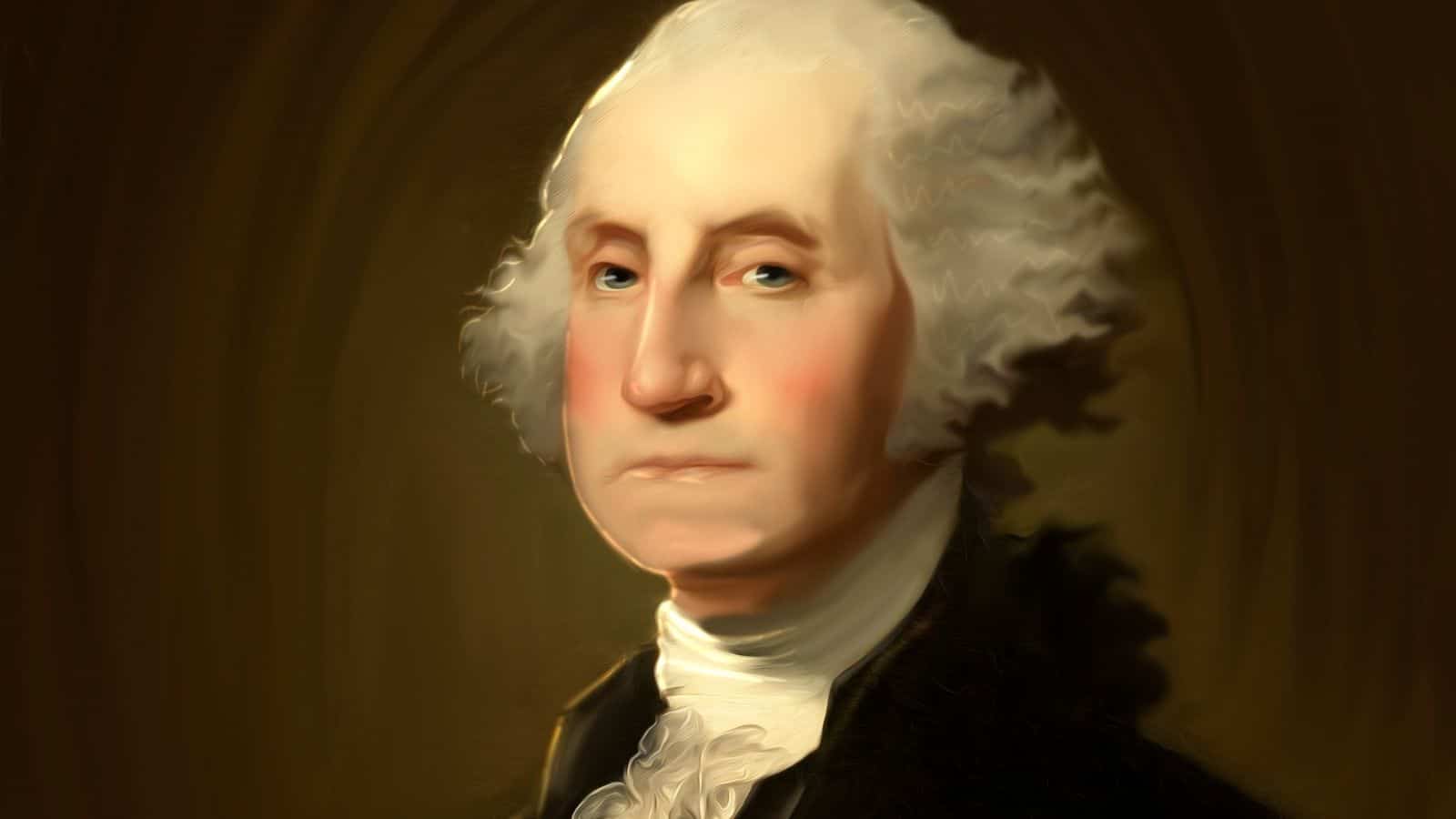
This may be hard to believe, but there was a time when the peaceful transfer of power wasn’t a sure thing. Washington changed all that by stepping down after two terms, setting a crucial precedent, explains Town & Country. By doing so, he showed that the presidency should serve the people, not act like a monarchy.
Thomas Jefferson
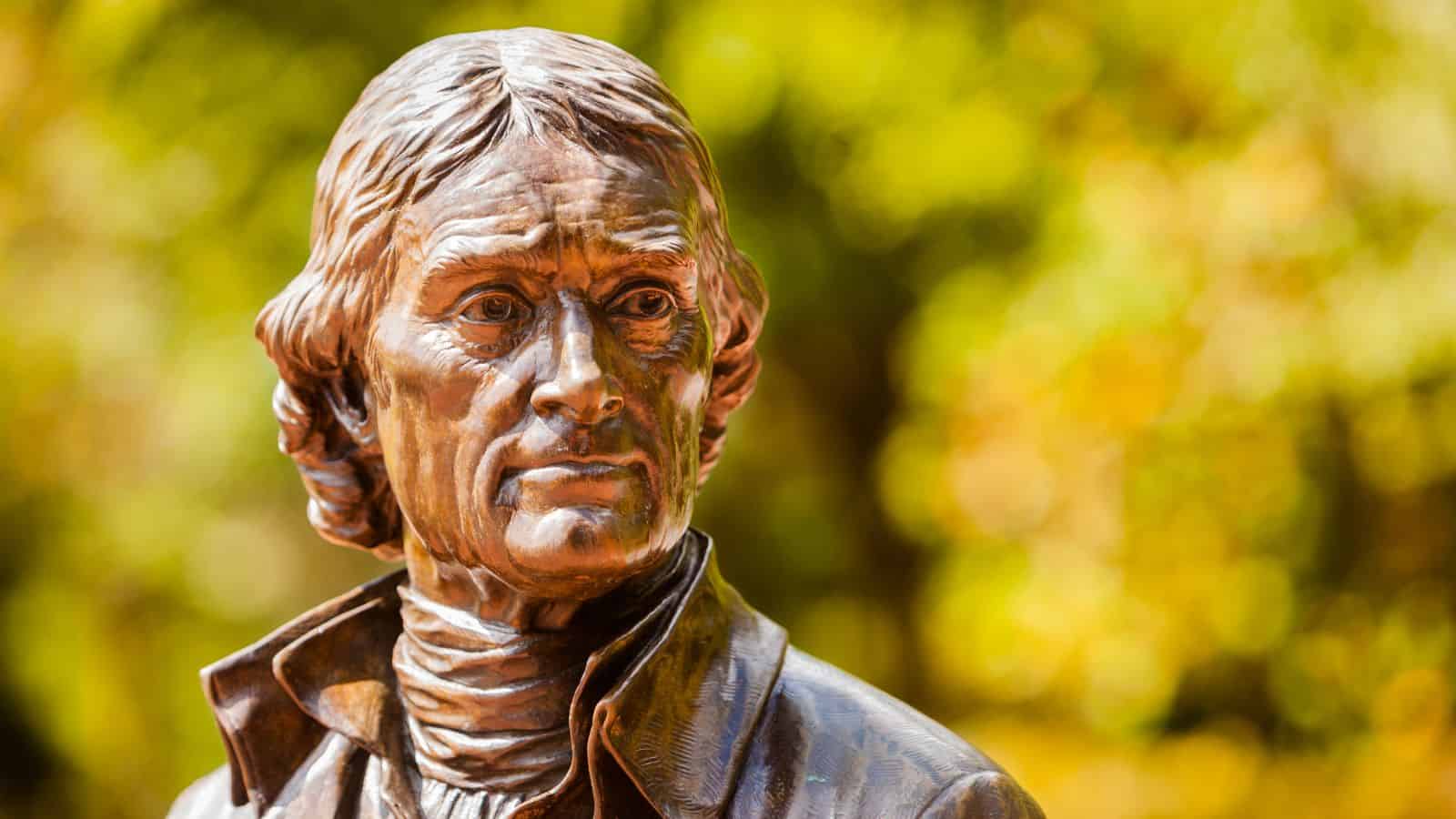
Did you know that Jefferson’s presidency really transformed the game for the U.S.? The Louisiana Purchase doubled the nation’s size, setting the stage for westward expansion, and is a big reason behind much of our current geography. Jefferson also pushed for individual rights and religious freedom, values that continue to play a big role in our lives.
Andrew Jackson
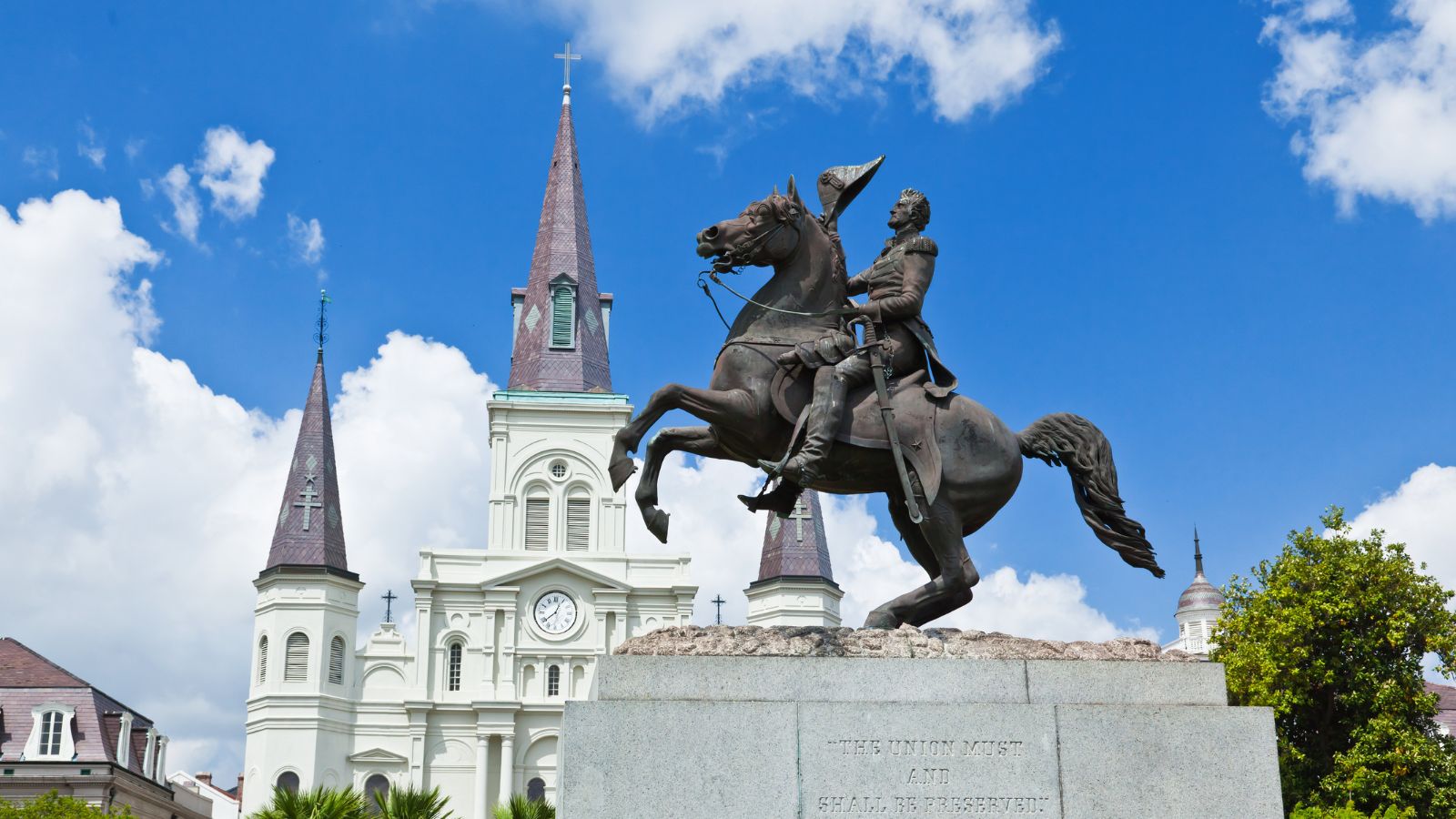
Jackson was another game-changer for democracy, as he opened up voting rights to all white men, regardless of whether they owned property. Jackson had a strong personality, and his policies, like the controversial Indian Removal Act, had a big impact on American society—something we’re dealing with today.
James K. Polk
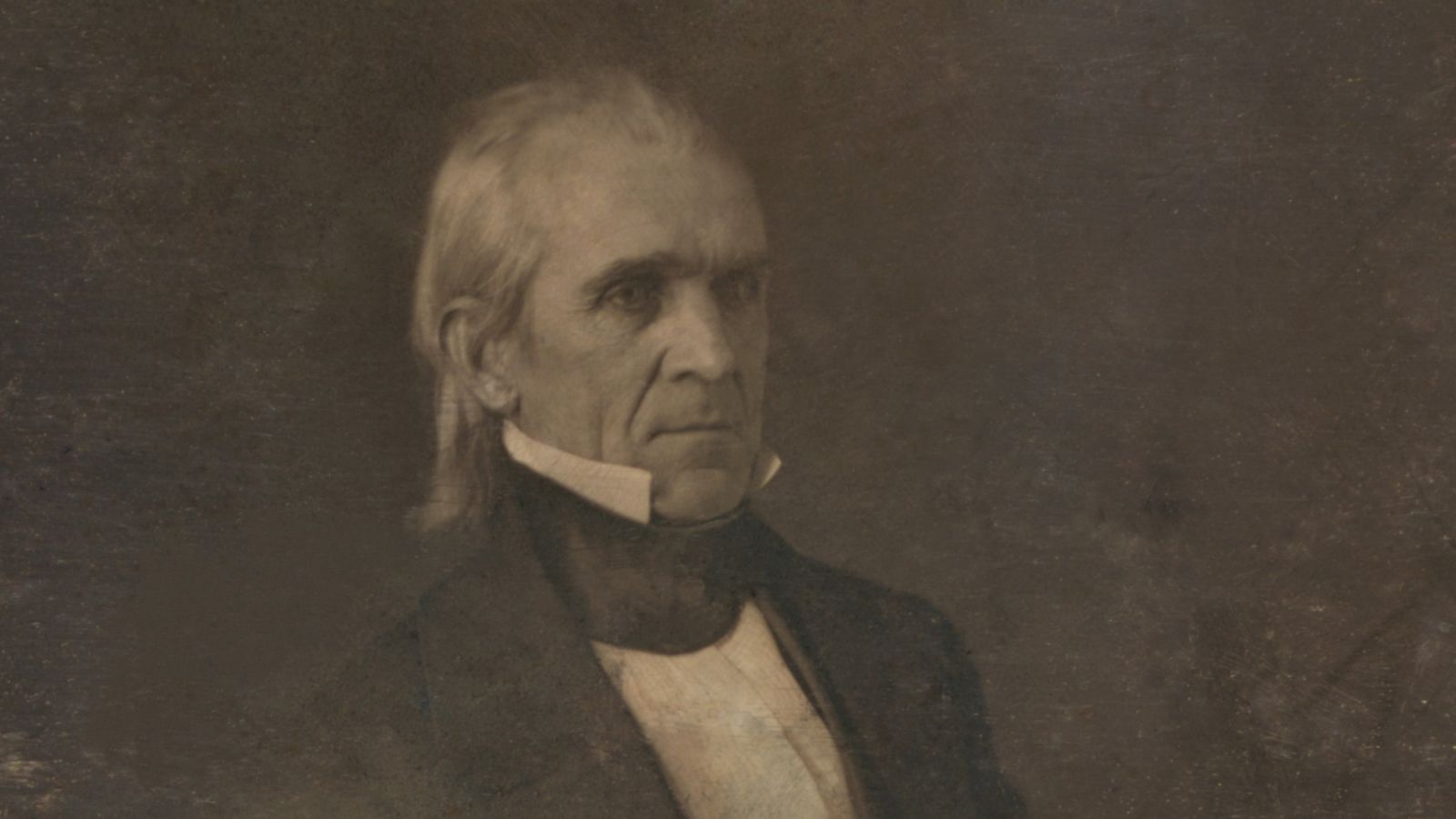
Polk’s presidency was all about expanding America. He was in charge of the country during the Mexican-American War, which added a huge amount of land to the U.S., including California and much of the Southwest. Polk’s actions shaped the map we see now and set the stage for debates about slavery in new territories.
Theodore Roosevelt
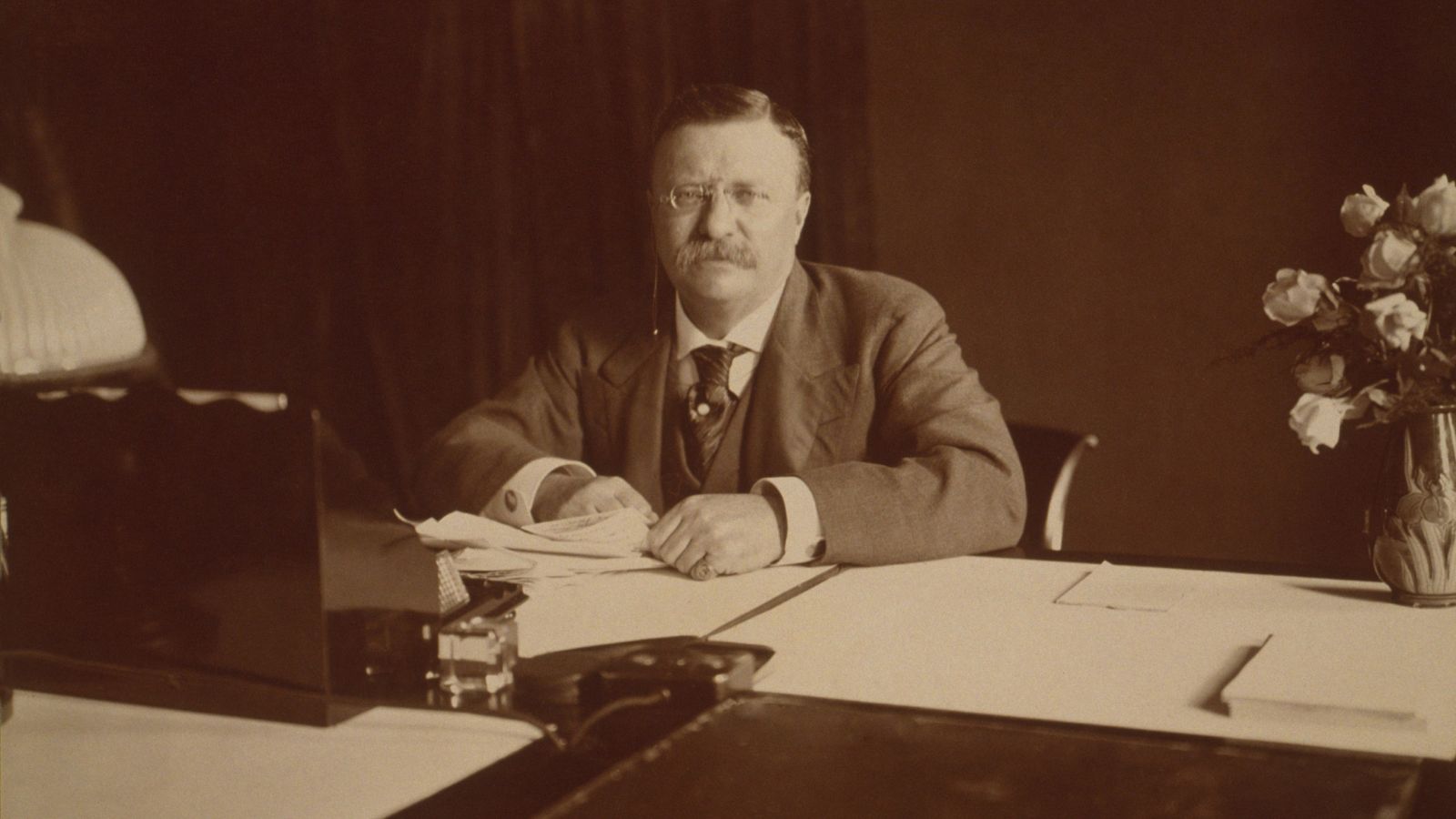
For those who love the outdoors, Roosevelt brought progressive ideals to the White House, tackling corporate monopolies and championing conservation. He’s actually the reason you can enjoy many national parks. His ‘Square Deal’ policies aimed to balance the interests of businesses, consumers, and workers, setting the stage for future social reforms.
James Madison
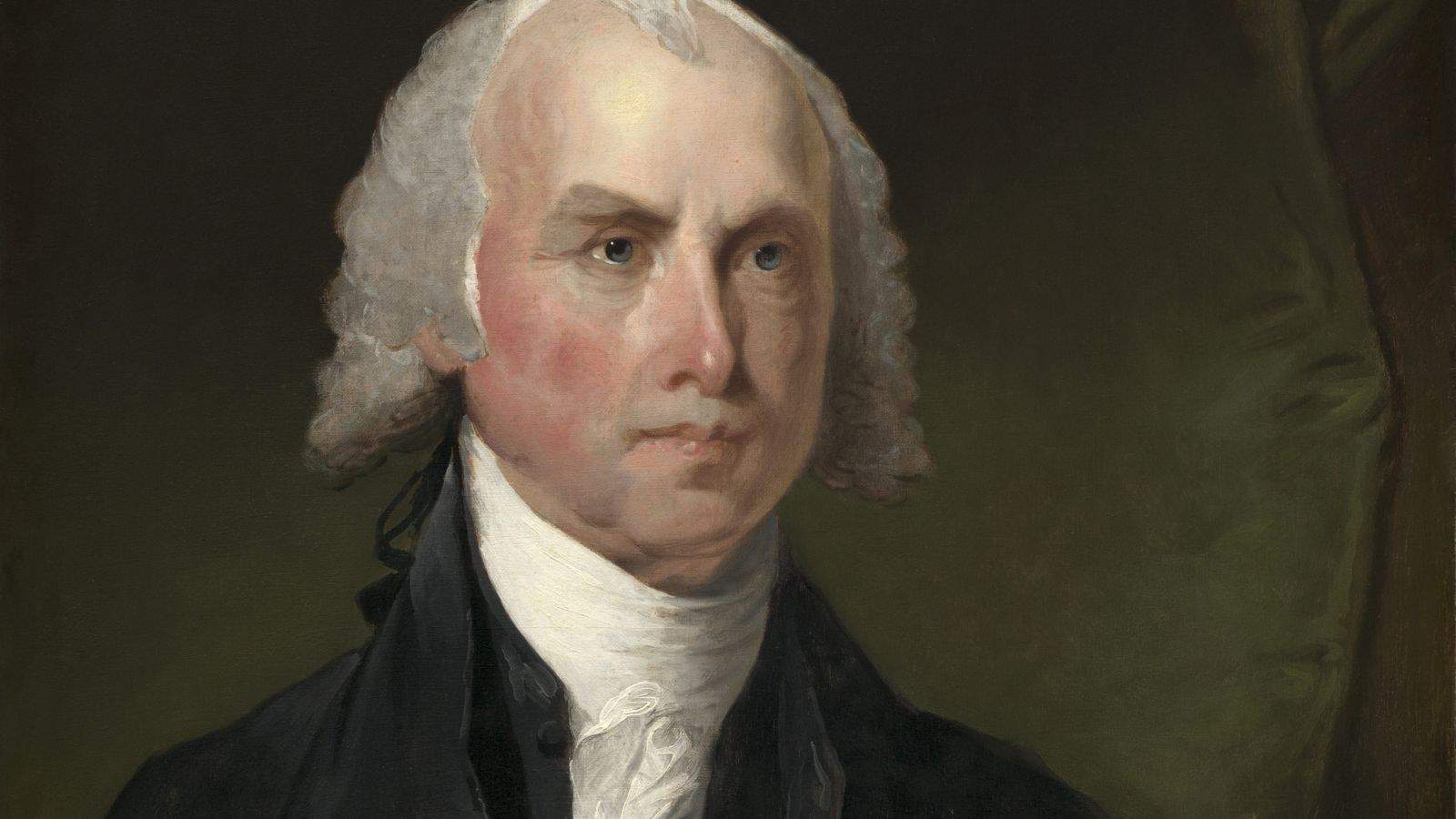
Madison played a key role in writing the Constitution and the Bill of Rights, which guides how our government works. As president, he guided the country through the War of 1812, which helped establish America as a strong, independent nation. Madison’s ideas about limited government and individual rights still start political debates.
Abraham Lincoln
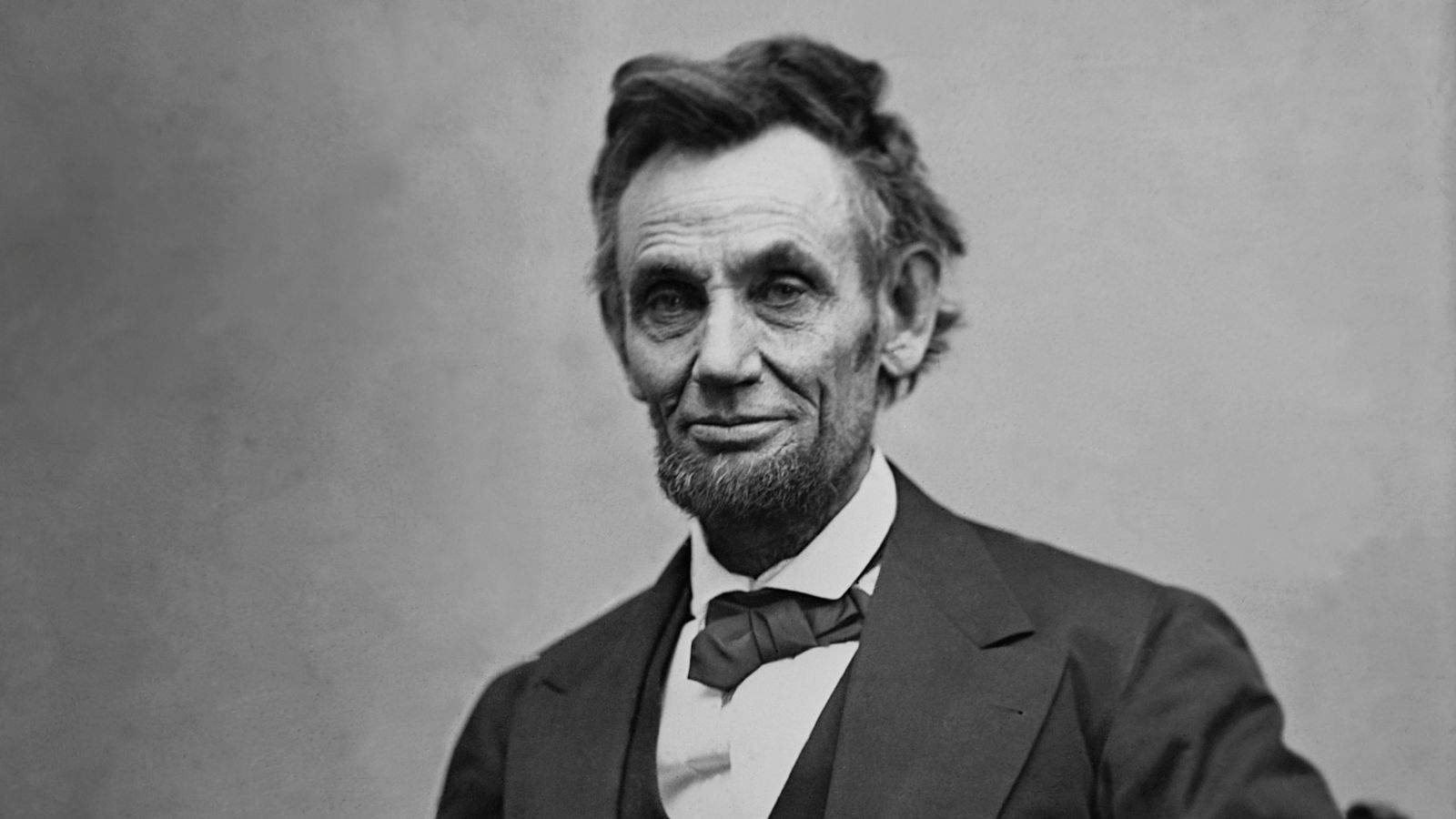
It’s no surprise that Lincoln’s leadership during the Civil War kept the U.S. from splitting up for good. His Emancipation Proclamation paved the way for ending slavery, and every day, we benefit from Lincoln’s vision of a united, free nation. His dedication to equality and democracy continues to resonate in American politics and culture.
Woodrow Wilson
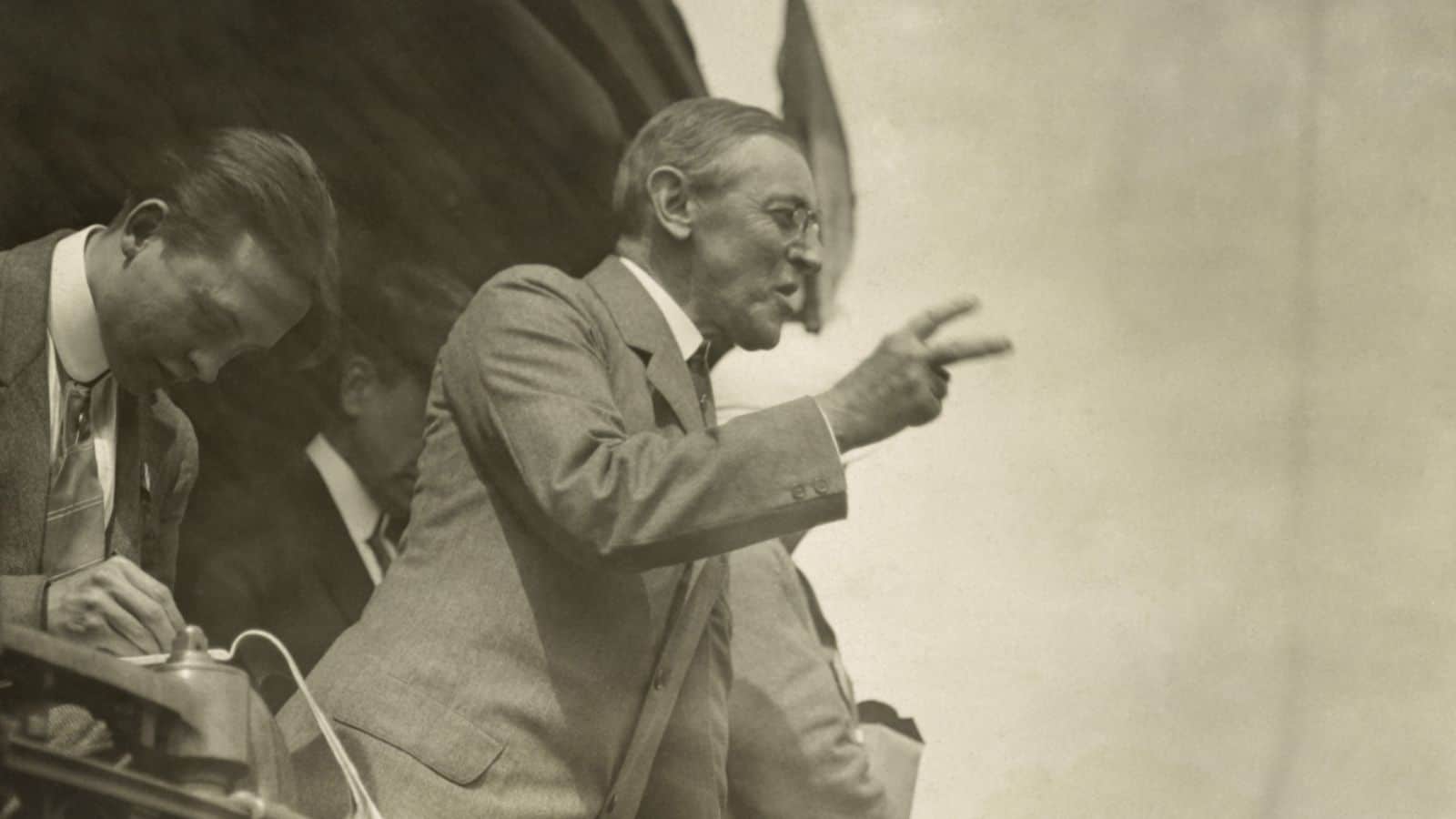
Interestingly, Wilson led the U.S. through World War I and onto the world stage as a major power. His ‘Fourteen Points’ helped shape the post-war order, and his influence can be seen in international institutions such as the United Nations. Despite his problematic views on race, his advocacy for global cooperation left a lasting mark on U.S. foreign policy.
Franklin D. Roosevelt
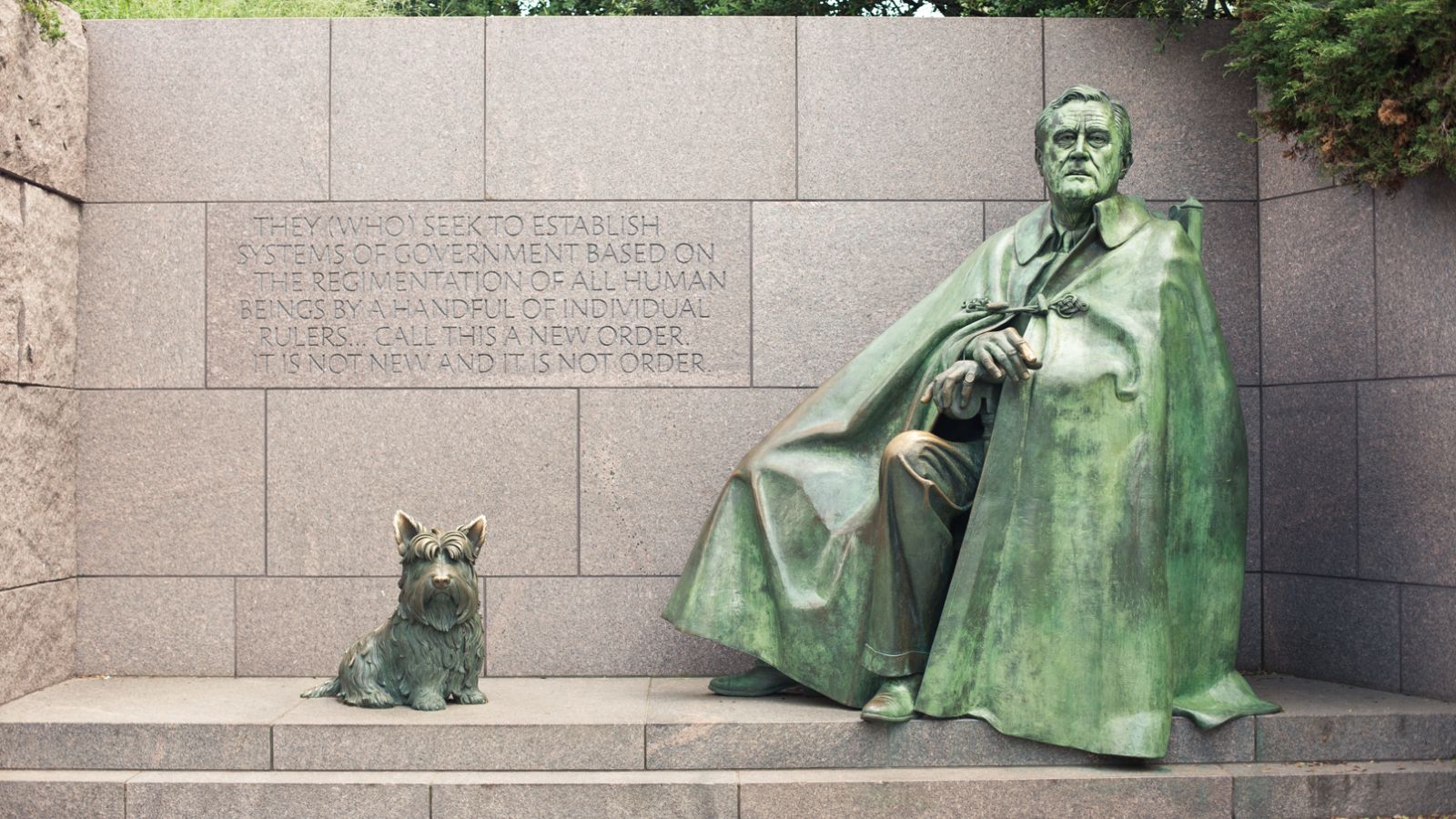
FDR’s response to the Great Depression really transformed how the government works in American life. His ‘New Deal’ created social security, labor protections, and financial regulations that we all rely on. Plus, his leadership during World War II cemented America’s place as a global superpower.
Harry S. Truman
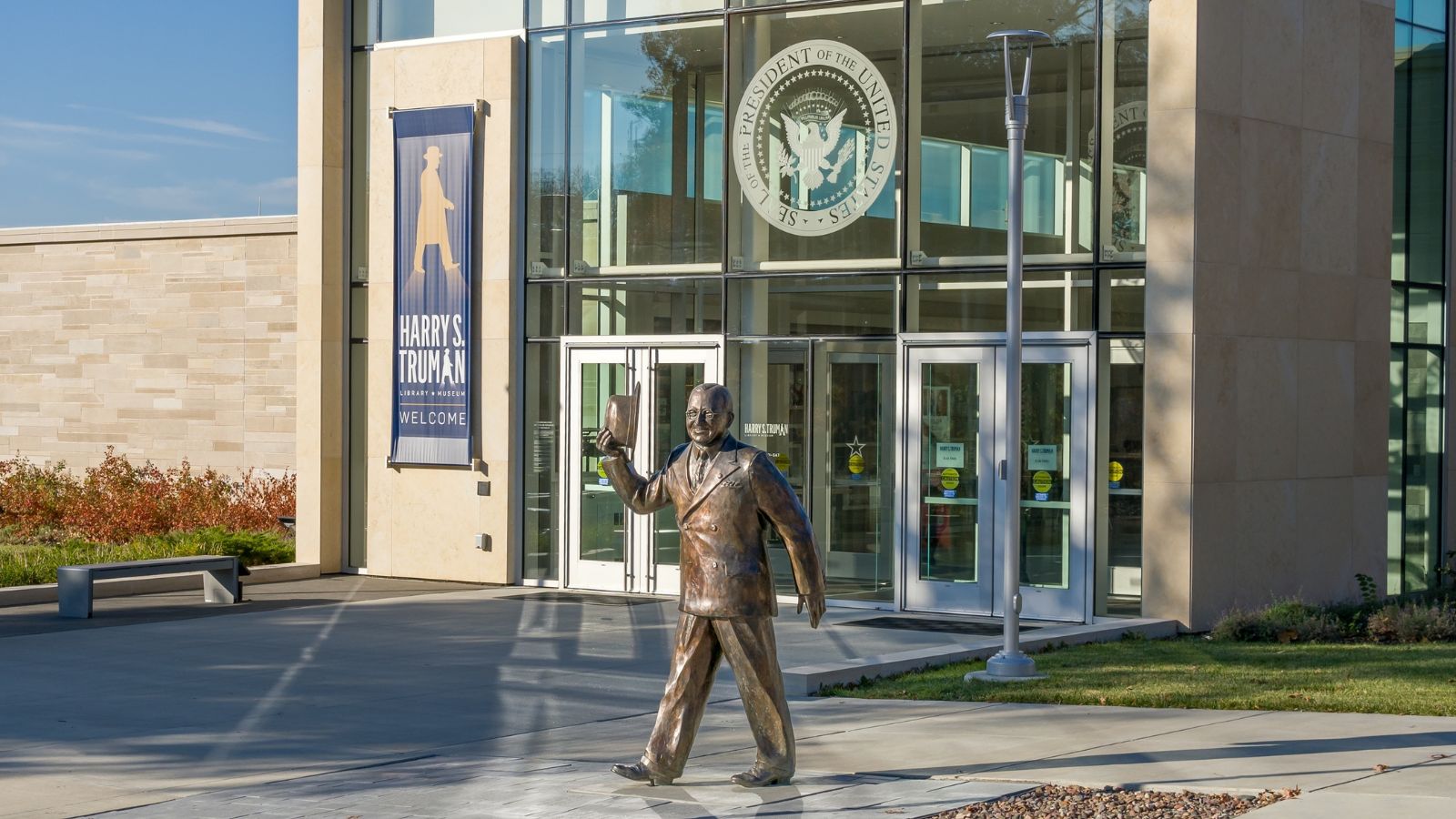
Many of us don’t realize that Truman’s presidency saw the dawn of the atomic age and the start of the Cold War. His decision to use nuclear weapons on Japan remains controversial, and we live in a world transformed by his containment policy against Soviet expansion. What’s more, his support for the Marshall Plan and NATO helped rebuild Europe and create lasting alliances.
Dwight D. Eisenhower
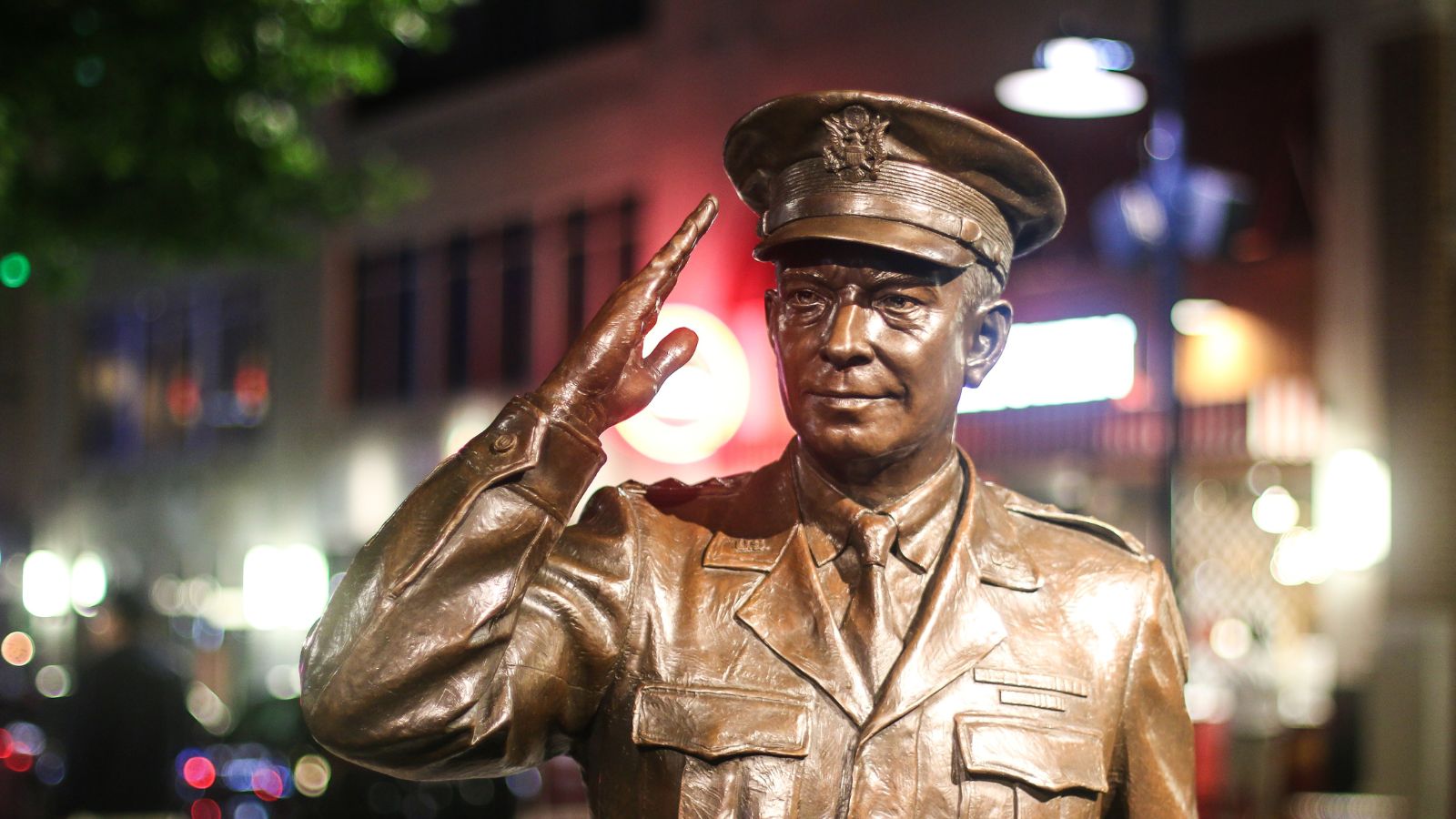
If you’ve ever driven on an interstate highway, Eisenhower is to thank for that. His presidency saw the creation of the Interstate Highway System, transforming American transportation and commerce. Eisenhower’s moderate conservatism and infrastructure investments contributed to post-war prosperity, which influenced our economy.
John F. Kennedy
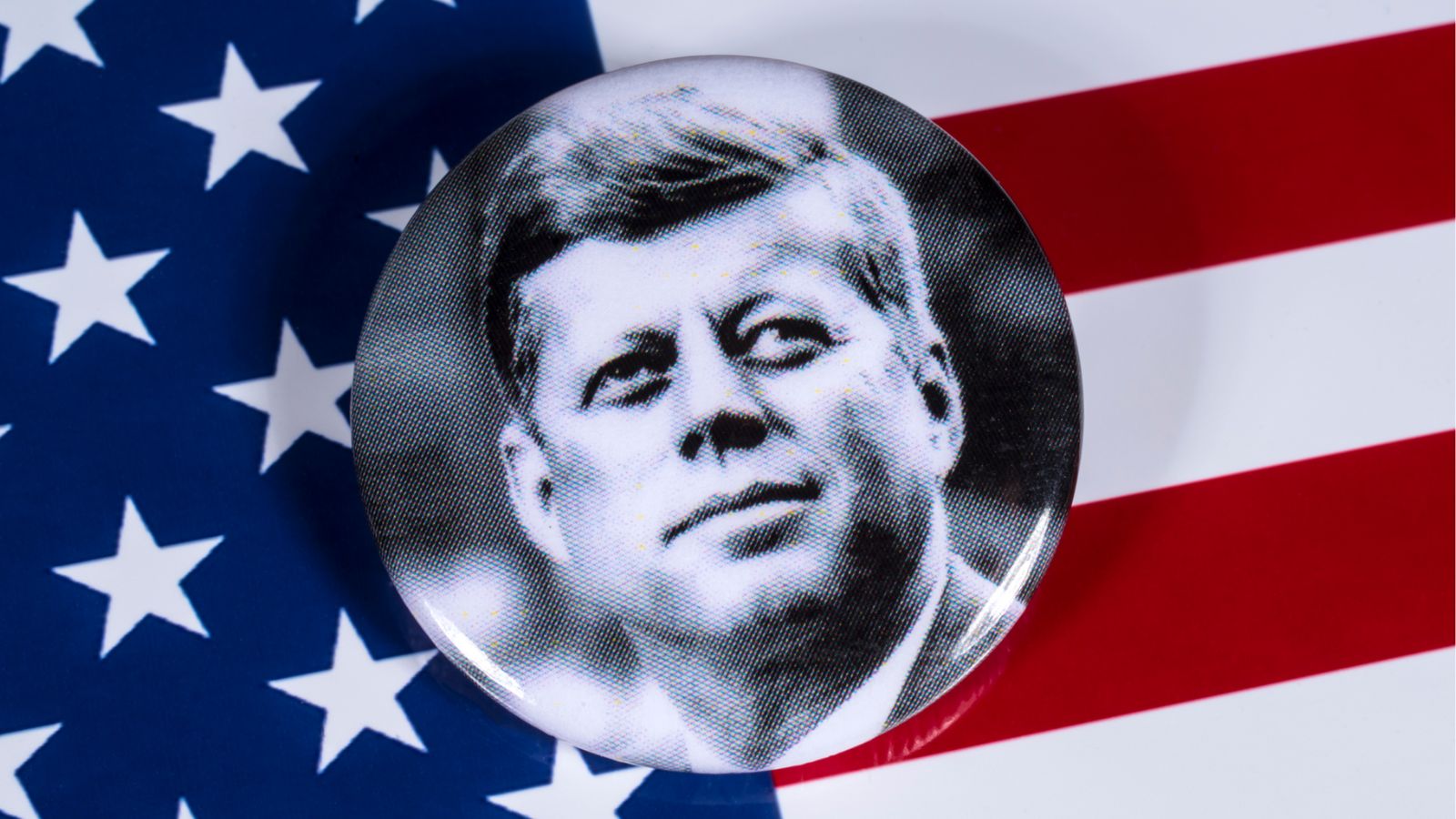
Most people don’t realize that Kennedy’s call to put a man on the moon galvanized American scientific and technological advancement, and we all benefit from countless innovations spurred by the space program. His handling of the Cuban Missile Crisis averted nuclear war, and his charisma and idealism left a lasting imprint on American culture, so he is definitely a president to remember.
Lyndon B. Johnson
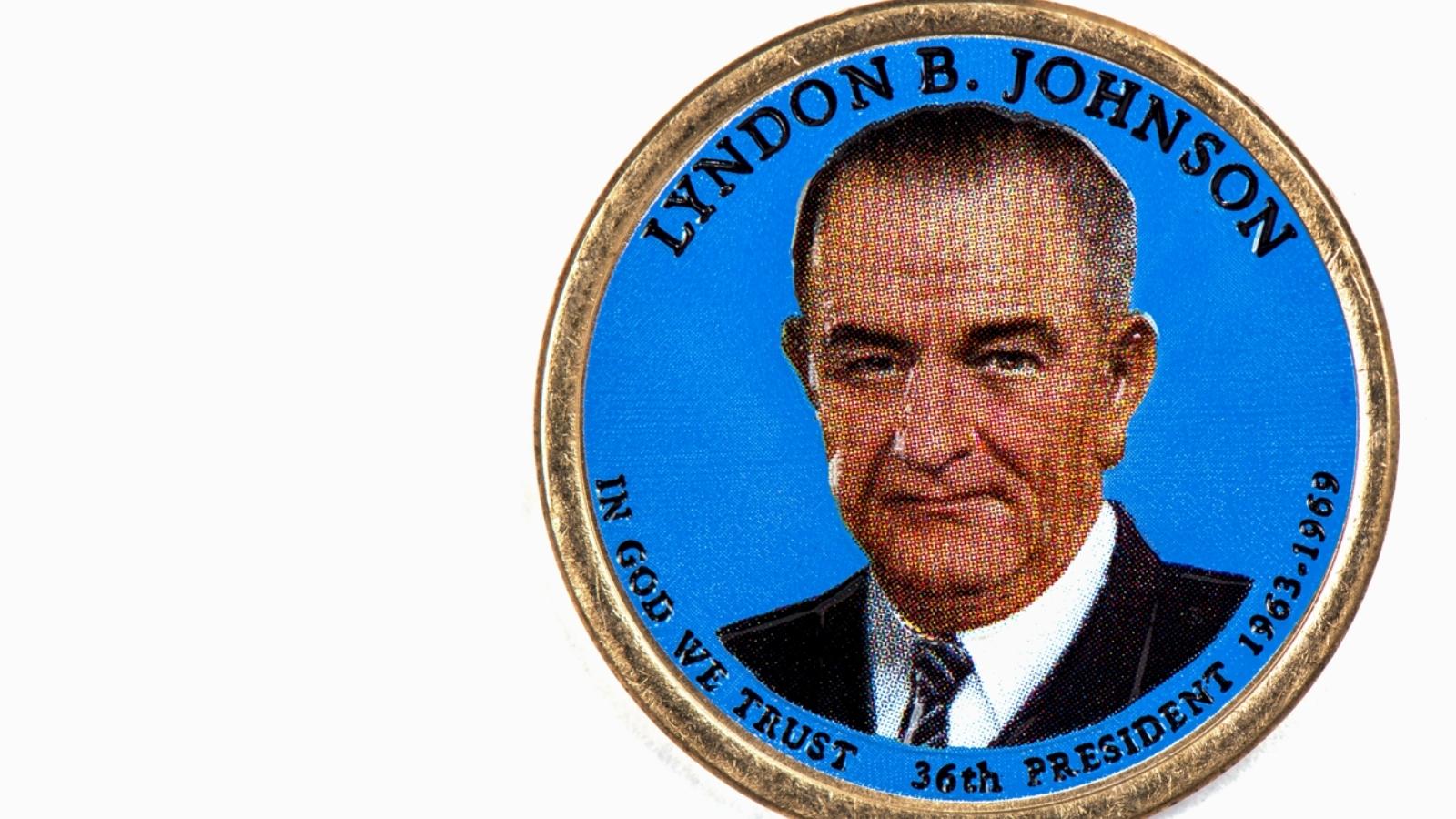
Johnson’s ‘Great Society’ programs dramatically expanded social welfare in the U.S. Medicare, Medicaid, and federal education funding, which you may rely on, all originated under LBJ. His signing of the Civil Rights Act and Voting Rights Act were landmark moments in the struggle for racial equality. Johnson’s presidency saw both domestic progress and the quagmire of Vietnam, so it definitely changed America’s future.
Richard Nixon
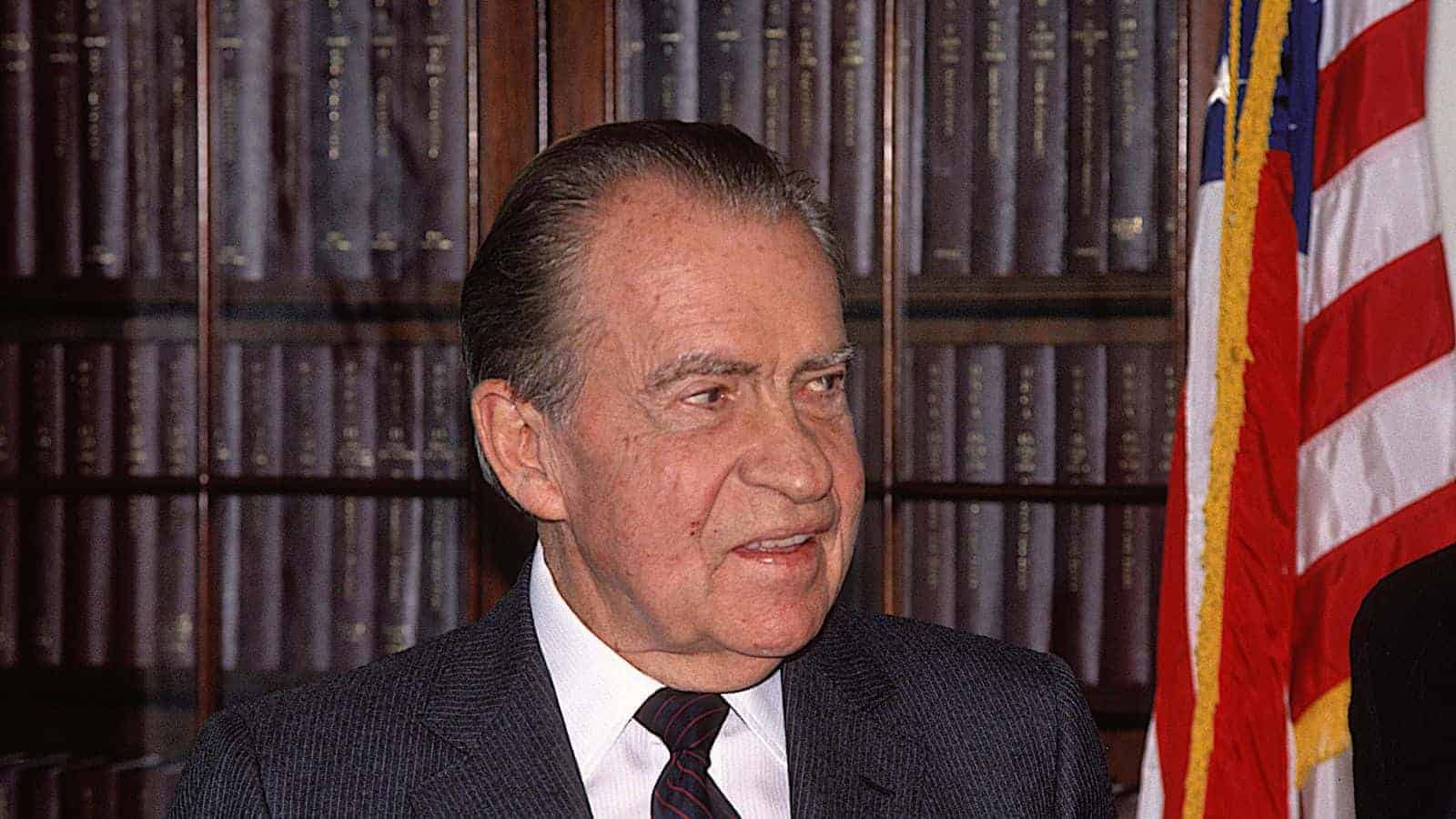
Believe it or not, Nixon’s presidency saw major shifts in U.S. foreign policy, including the opening of relations with China. This diplomatic realignment changed our world, and his creation of the Environmental Protection Agency impacted our daily lives. Despite the Watergate scandal, Nixon’s pragmatic approach to governance left a complex legacy that influences politics today.
Ronald Reagan
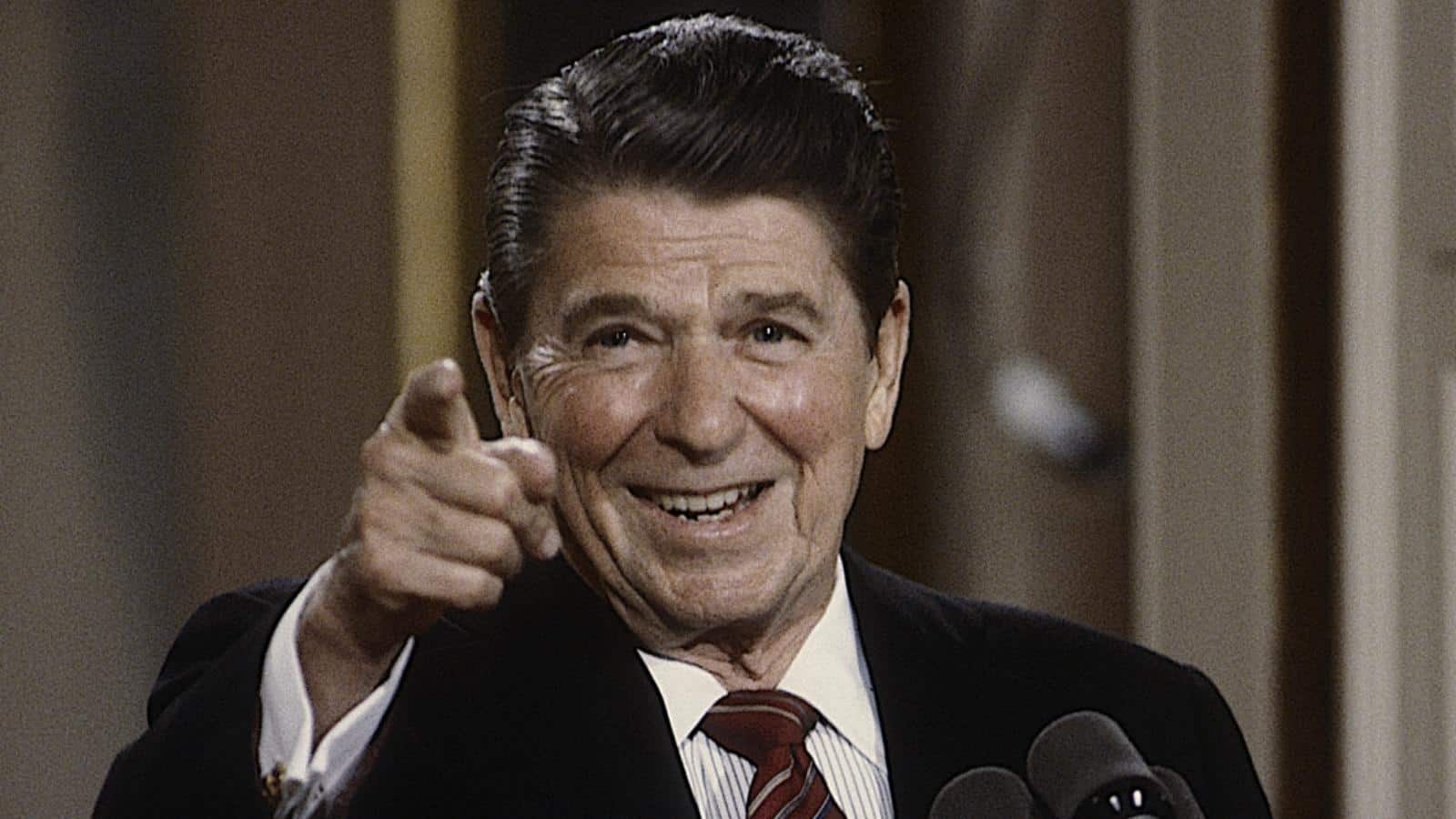
It turns out Reagan’s presidency marked a rightward shift in American politics that continues to influence policy debates today. His emphasis on tax cuts and deregulation reshaped the economy, and the ‘peace through strength’ approach contributed to the end of the Cold War.
George H.W. Bush
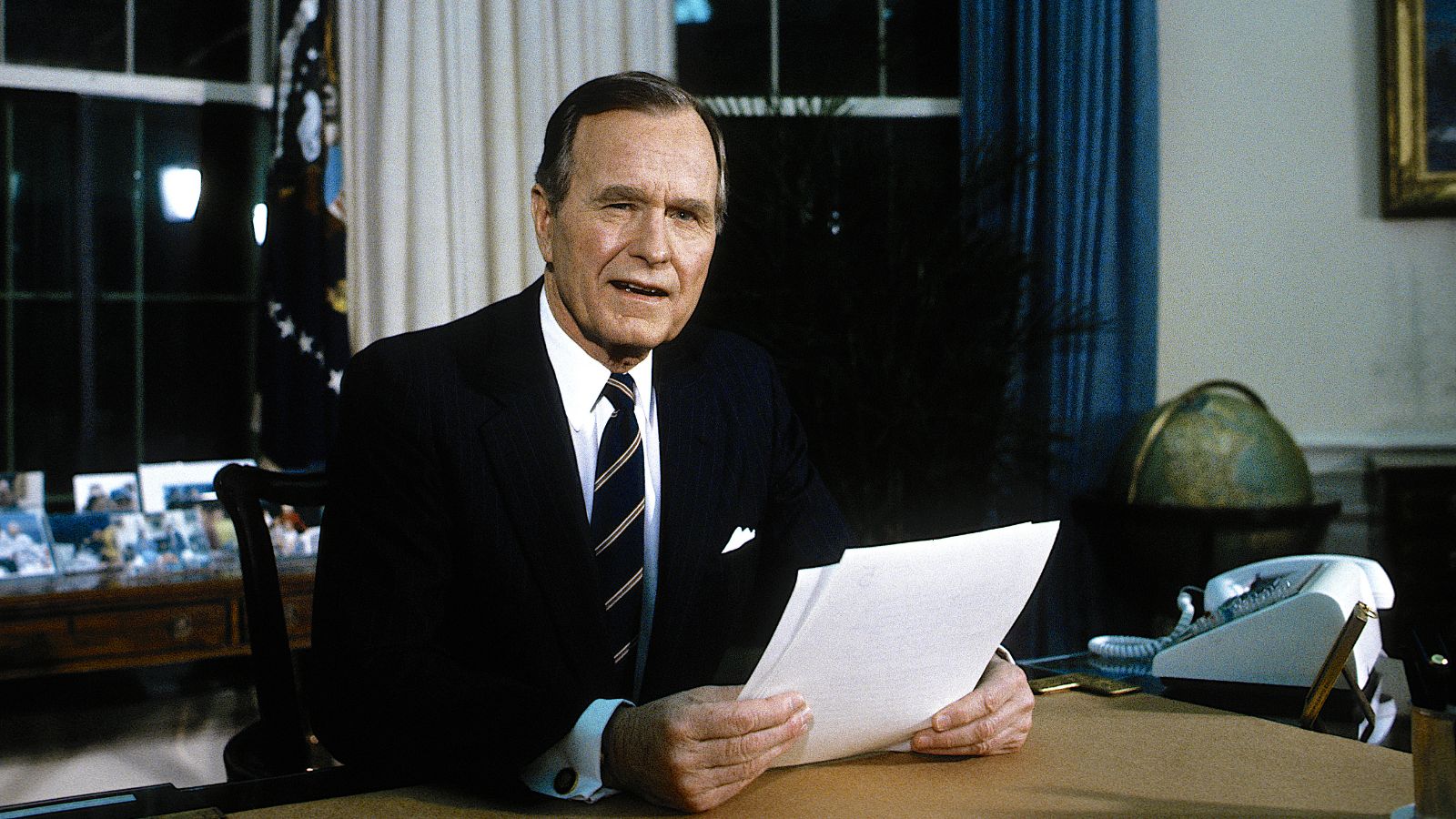
Bush Sr. was in charge during the end of the Cold War and the first Gulf War, which created a whole new geopolitical landscape. His leadership during German reunification and the fall of the Soviet Union helped make sure things stayed relatively peaceful, shaping global politics as we know it.
Bill Clinton
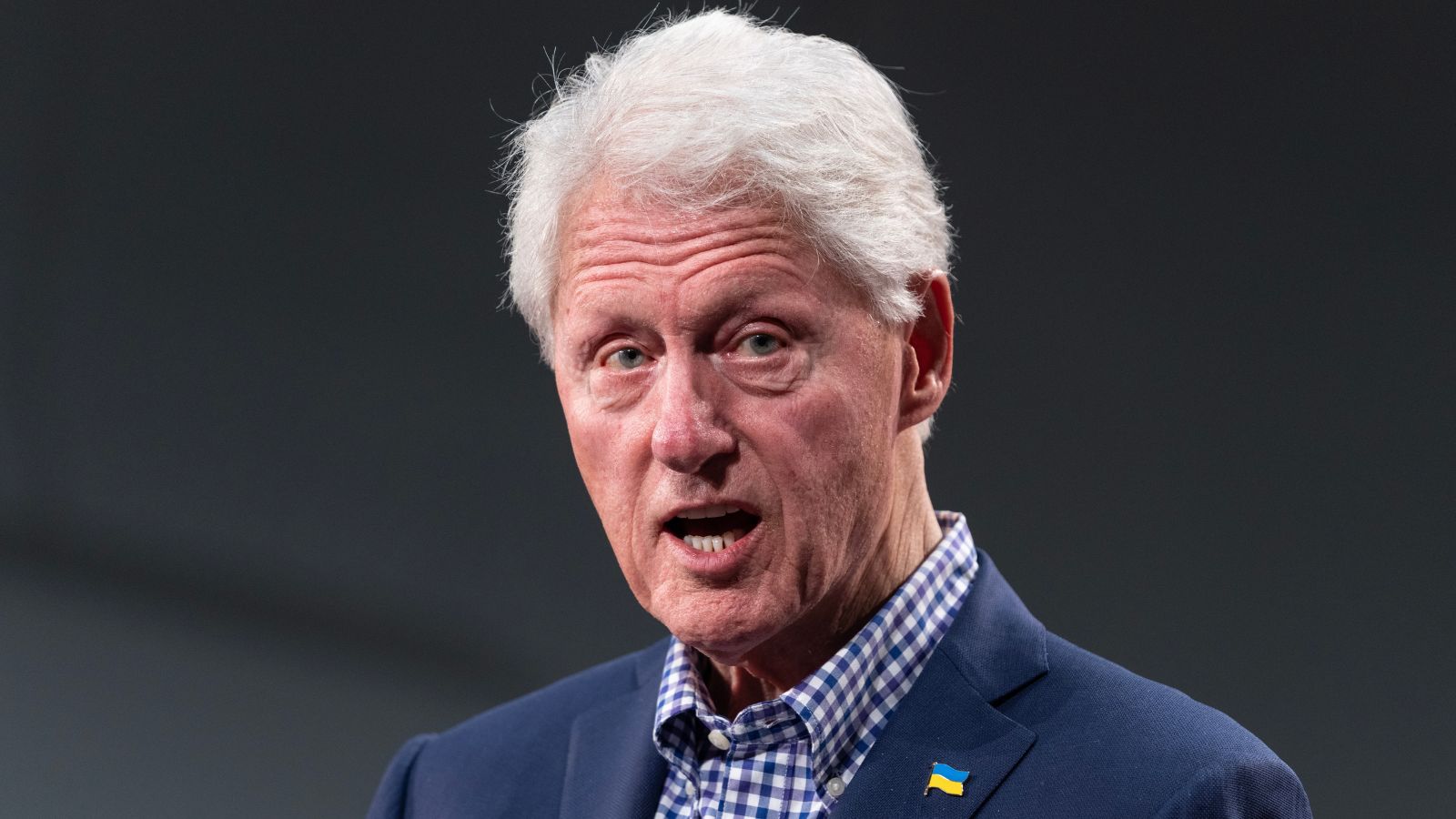
If you remember the ’90s, you’ll recall Clinton’s presidency, which brought the rise of the internet and globalization, transforming our economy and society. Chances are, you benefit from the technologies and economic changes that started back then. His welfare reform and crime policies were also hot topics, showing just how complex his legacy is.
George W. Bush
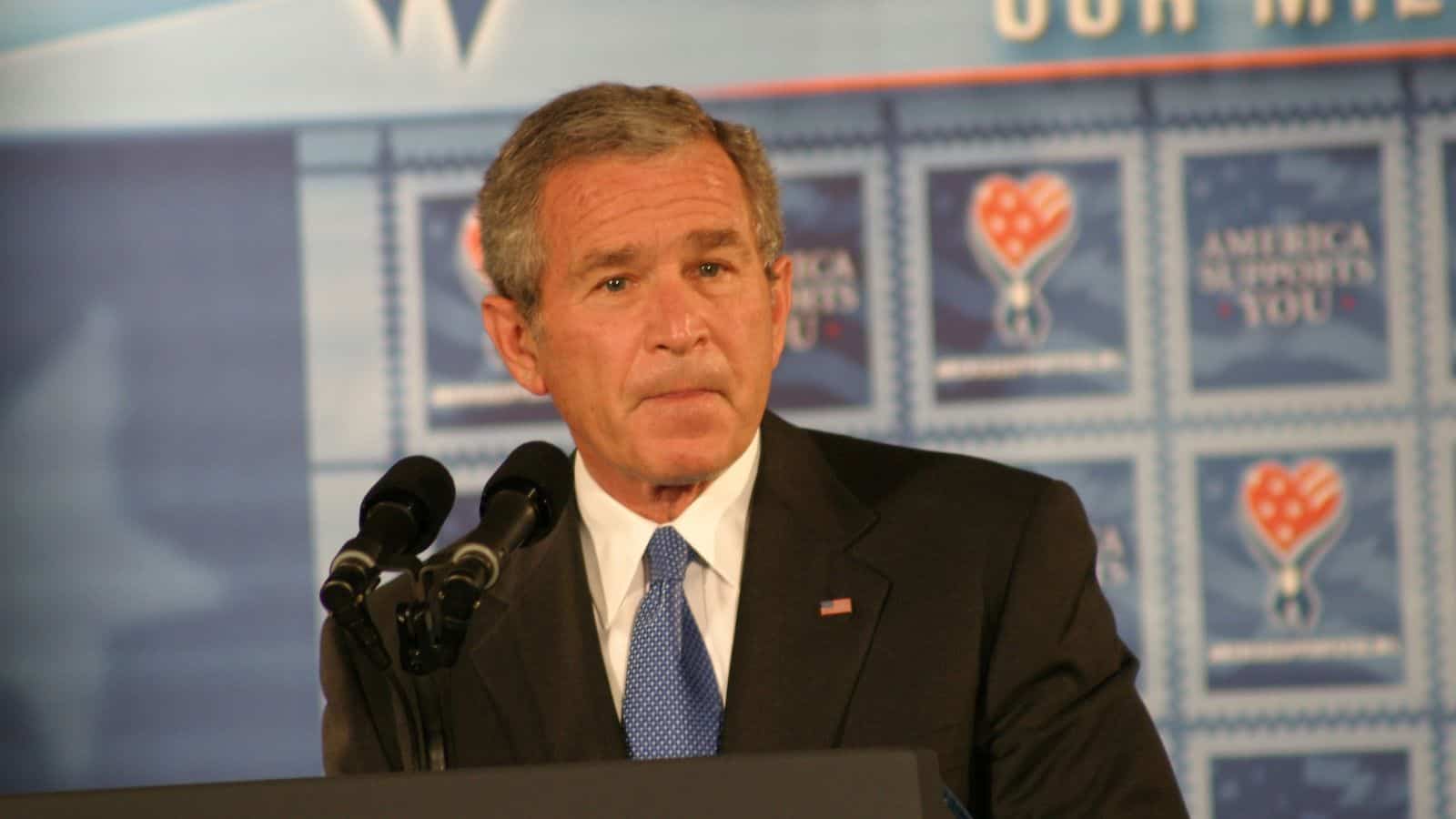
It’s interesting to point out that Bush’s response to the 9/11 attacks, like the wars in Afghanistan and Iraq, really changed U.S. foreign policy, and we’re still dealing with the fallout from those conflicts. His creation of the Department of Homeland Security also shifted how America handles national security.
Barack Obama
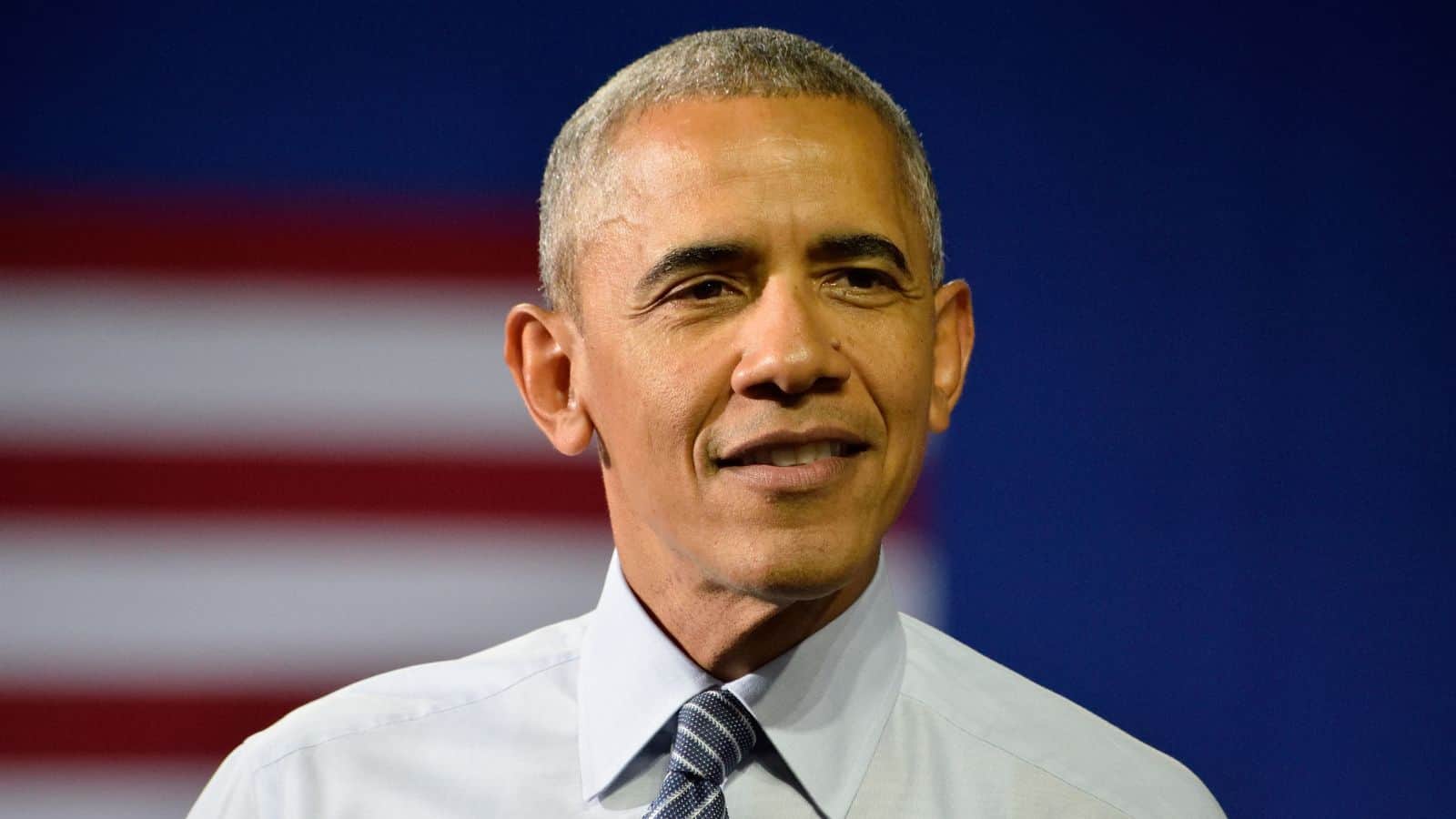
Being elected as the first African American president was a historic milestone, but many people overlook another impressive fact. Obama’s signature achievement, the Affordable Care Act, represented the biggest healthcare overhaul in decades. It’s likely that you or someone you know may have benefited from this expansion of coverage.
Donald Trump
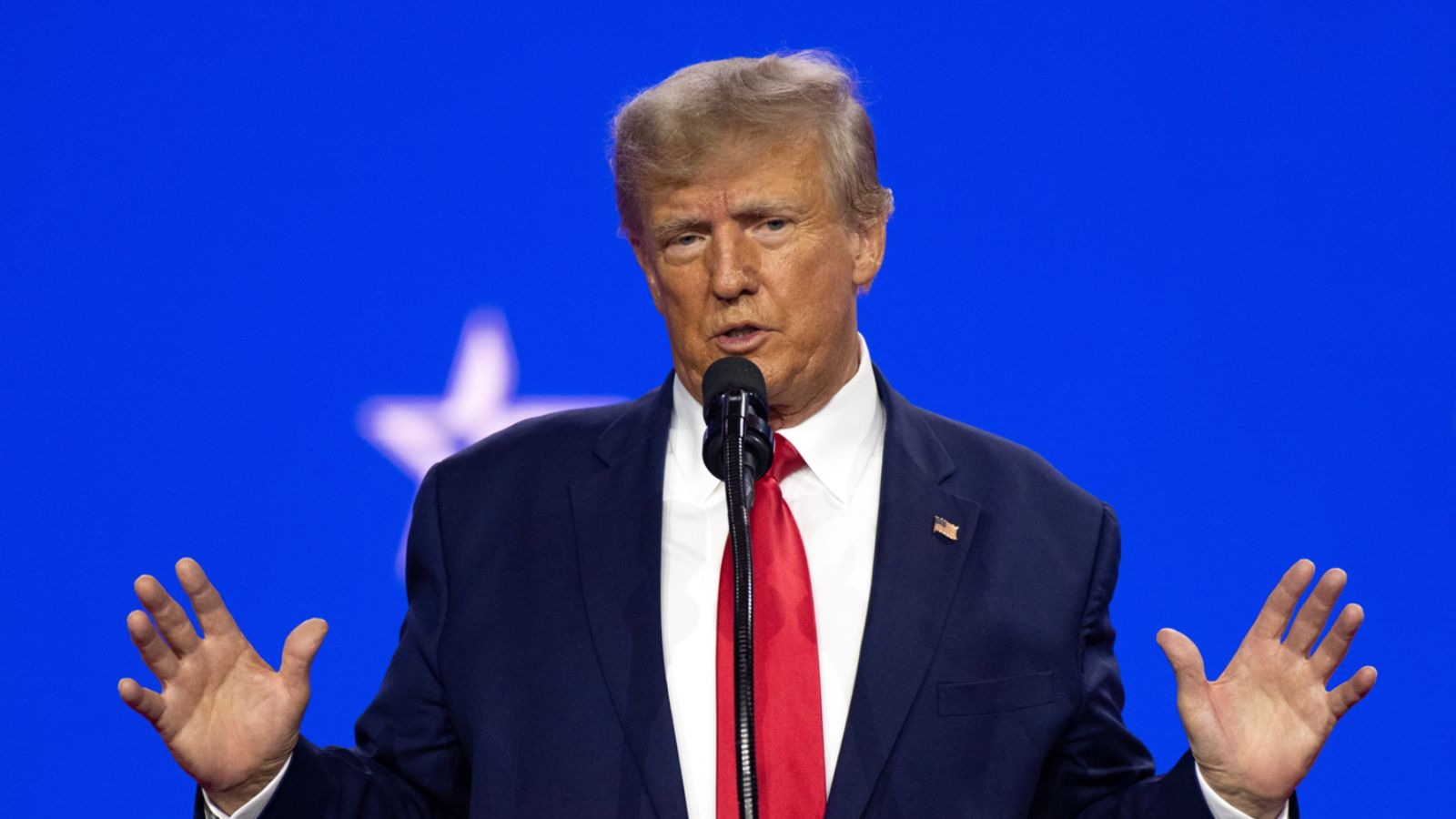
Love him or hate him, Trump’s unconventional presidency challenged many political norms and institutions. His policies sparked heated debates over immigration, trade, and America’s global role. His use of social media transformed political communication, and his influence on the Republican Party and the broader political landscape continues to unfold.
Joe Biden
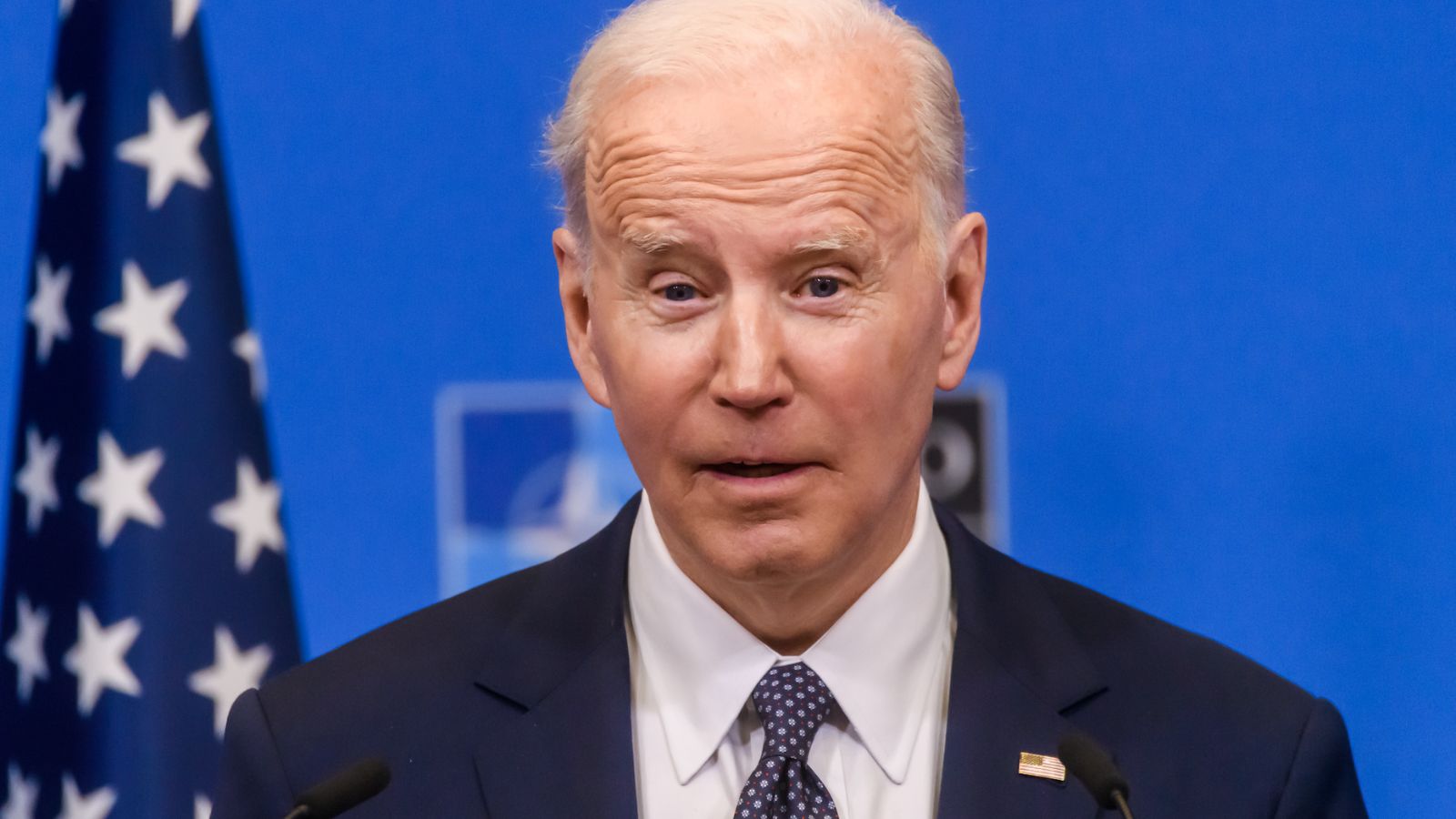
It’s hard to overstate the challenges Biden faced when he took office during the COVID-19 pandemic. He oversaw a massive vaccination campaign and economic recovery efforts, and we’ve all lived through this unprecedented public health crisis together. Biden has also focused on rebuilding international alliances and tackling domestic divisions, which will affect us for years to come.
Up Next: 18 Worrying Facts About Life in Medieval Times

The Middle Ages, also known as the medieval period, lasted from 500 AD to 1500 AD and is usually subdivided into the Early, High, and Late Middle Ages. Life in the medieval period was often brutal, with gruesome punishments, wars, and plagues. Here are 18 terrifying facts about life in the medieval period.
18 Worrying Facts About Life in Medieval Times
19 Easy Ways to Fall Back Asleep After Waking Up in the Middle of the Night

We’ve all been there—it’s dark, quiet, and you’re tired, but you’re still constantly tossing and turning, only to finally fall asleep minutes before the alarm goes off! Waking up throughout the night isn’t just frustrating; it also seriously impacts your energy levels. This article focuses on 19 scientifically proven methods that may help you drift back off more easily.
19 Easy Ways to Fall Back Asleep After Waking Up in the Middle of the Night
17 Things That Are Too Woke For Boomers

Our society is so different from what it was decades ago, and boomers don’t like much of what everyone considers normal in today’s society. In this light, here are 17 things about ‘woke culture’ that particularly make boomers uncomfortable.
